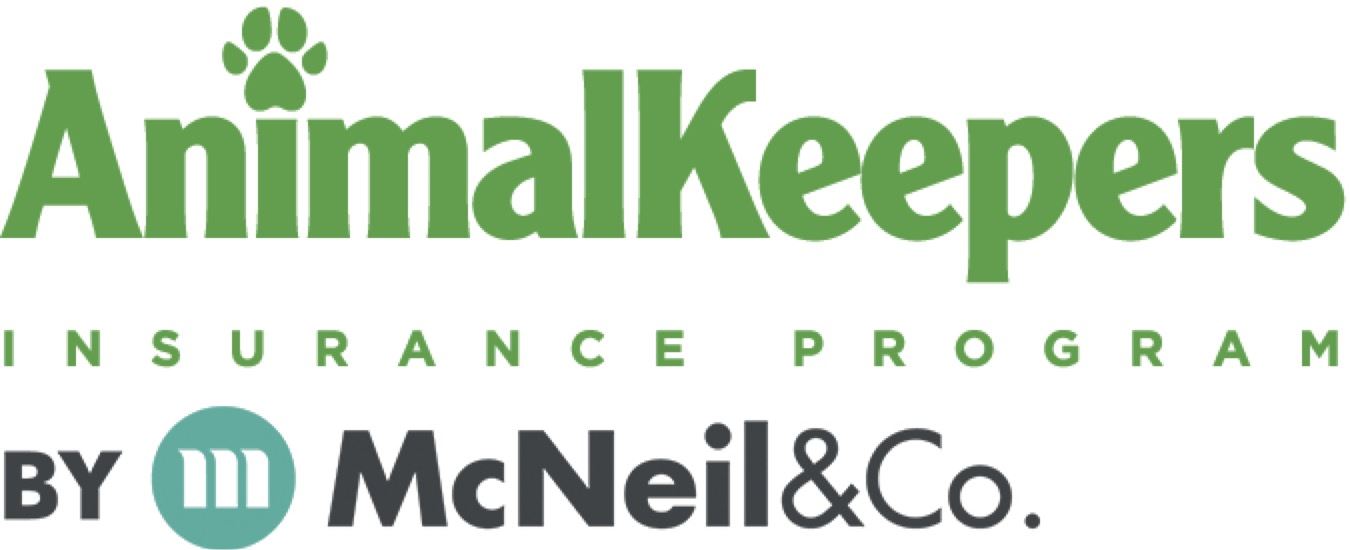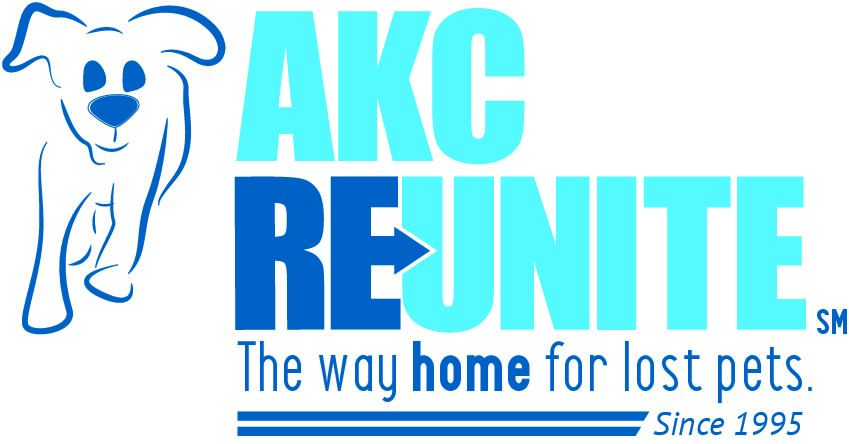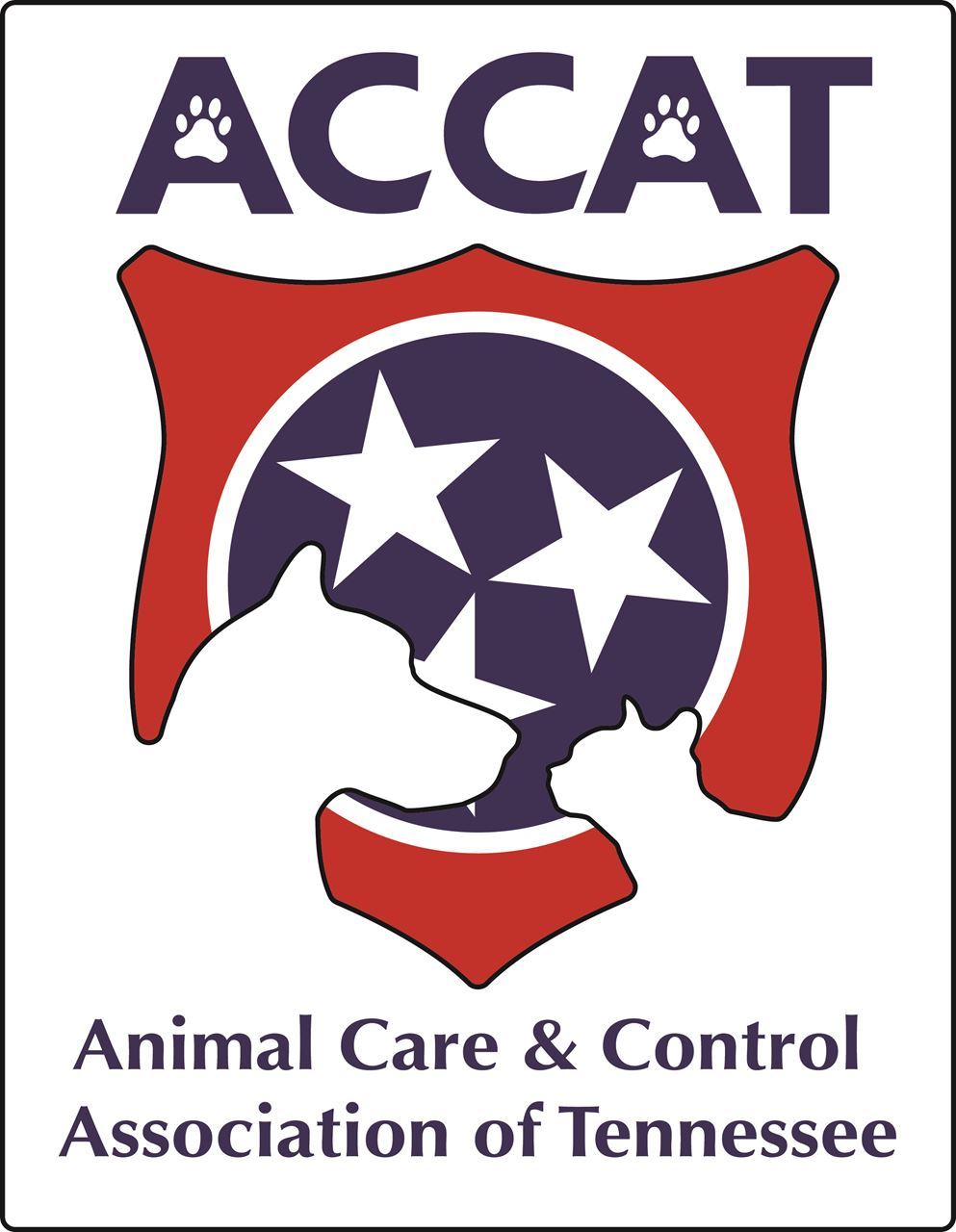To promote and protect the health, safety and welfare of animals and people in the state of Tennessee, through proactive education and representation. |
2022 TN ANIMAL CARE & CONTROL CONFERENCE PRESENTATIONS
Relocation and the Impact of the COVID Era
~ Karen S. Walsh, CAWA, LVMT, CFE, Senior Director of Animal Relocation, ASPCA
The pandemic caused us all to rethink the ways that we live and work. This unprecedented situation has sent the world on a roller coaster of challenges including economic, employment, supply chain and energy considerations. The impact on animal welfare largely depends on the capacity for humans, in both shelters and rescues, to provide care and resources. The extent to which normal human activity and movement were limited, tested us as we tried new systems. Now that restrictions have been relaxed, and we return to a more “normal” way of working, the surrounding environment and internal workings are anything but normal. As we face the next hurdle, animal relocation remains an important tool for shelters and rescues. However, strong sheltering principles, realistic expectations, and a reset in the way we all collaborate will be key to achieve our lifesaving goals.
The Do’s and Don’ts of Investigating Animal Abuse
~ Adam Leath, Director, Volusia County Animal Services
This session will outline the key steps in ensuring a successful response to animal abuse investigations. Cases can be won and lost in the very early stages of an investigation, and those responding to criminal cases should be aware of potential pitfalls that often occur. Attendees will walk away with a list of best practices and lessons learned from animal abuse investigations across the country. Case studies will be utilized to outline the key principles covered during the presentation.
Boots-on-the-Ground Disaster Planning and Response
~ Eric Thompson, Executive Director, Code 3 Associates
This workshop is based on 20 years of disaster planning and response experience. All animal welfare professionals will find a personal tie to this interactive discussion. Join us as we dive into a catastrophic scenario planning and problem-solving session that will give you the basics of a disaster plan if you do not have one; and start your gap analysis for agencies that already have a plan. You are the first line of help when the disaster strikes home…make sure you know how to be the lead agency when that time comes!
I’m Tired in My Bones: Addressing Compassion Fatigue for Animal Control Professionals
~ Dr. Bree Conklin, Licensed Clinical Social Worker, University of Tennessee College of Social Work and Magnolia Harbor Carefarm
This presentation will address the bone-deep exhaustion and other signs and symptoms of compassion fatigue for animal welfare professionals. Learning how to recognize the signs and symptoms both in oneself and colleagues and how to intervene and address compassion fatigue will be discussed. Participants will also have an opportunity for their learning to be facilitated with experiential opportunities during the presentation.
Advanced Return to Owner in the Field: Beyond the Scanner
~ Nick Walton, Manager of National Shelter Support, Best Friends Animal Society
Animal control officers are playing a much larger role today in the reduction of shelter intake by choosing to identify and return stray dogs to their families without bringing them into the shelter, but all too often officers stop looking for an owner was they find that the animal has no ID tags or microchip. This workshop highlights successful efforts from agencies across the country that have shown to significantly increase the field RTO rate for those animals without obvious identification.
Challenging Encounters in Animal Control: Would You Like Back-Up?
~ Mark Kumpf, CAWA, Director of Detroit Animal Care and Control
Explore the many calls for service that challenge animal control officers daily with an emphasis on safety. Tips and tactics for both people and pets will be covered in this informative and fun session. Examples of safe approaches, verbal de-escalation and improvised equipment intended to assist officers in dealing with difficult people and pets will give the attendees practical responses to help protect them on the job. Determining when and why back-up should be requested, how to phrase those requests and how to get the most out of supporting agencies round out this presentation. Hold on and enjoy the ride!
When Rescues Need to Be Rescued
~ Adam Leath, Director, Volusia County Animal Services
Animal rescues and nonprofit organizations provide valuable resources to the success of any modern-day animal services department. However, what happens when the rescue is the problem. Rescues are often the subject of alleged neglect. If the rescue fails to meet the needs of the animals entrusted to their care, animal control officers step in. This session will focus on the investigation and response to rescues gone awry.
First Aid for Second Chances: How Early Intervention Can Improve Outcomes
~ Leslie Wereszczak, LVMT, Director of Emergency and Critical Care Services, University of Tennessee College of Veterinary Medicine
This lecture, intended for animal first responders, will cover appropriate first-aid responses for animals in need of immediate care prior to presentation to a veterinary facility. Topics covered will include proper handling techniques, heat/environmental injuries, respiratory distress, wounds, fractures, and basic life support CPR.
Commercial Breeding Facility Investigations
~ Shalimar Oliver, Animal Crimes Manager, HSUS
Violations of animal cruelty law are often found at large-scale commercial breeding facilities, commonly referred to as “puppy mills.” The sheer number of animals involved—often in the hundreds and sometimes thousands—and their unique circumstances create special investigation and case management challenges.
Topics to be covered:
· Specialized considerations
· Different enforcement/regulatory agencies and their oversight
· Collaboration and preparedness
Changing Perspective: Fear Free, A Kind Approach
~ Tabitha Kucera, RVT, CCBC, KPA-CTP, Chirrups and Chatter
Many animals feel fear, anxiety, and stress with handling and medical procedures. Fear Free techniques help to limit that fear, anxiety, and stress. The benefits of Fear Free are vital and inspiring for anyone who works with animals. Fear free techniques can help reduce fear, anxiety, and stress in animals thus making the shelter an overall less stressful and happier place for animals, visitors, employees, and volunteers. When an animal’s fear and anxiety is reduced, there is a lower likelihood of bites, scratches, and other injuries to caregivers. In this session I will discuss what is Fear Free. This will include understanding fear, anxiety, and stress in our cat and dogs and tools to reduce it.
An Outbreak Investigation Interactive
~ Sherrie O’Brien, DVM, Boehringer-Ingelheim
You are invited to walk through an investigation where a shelter is having an outbreak of coughing dogs. What kind of questions would you ask? What would be on your radar? What would you do?
Environmental Enrichment for the Shelter or Rescue Foster Dog
~ Karen Deeds, Certified Dog Behavior Consultant (IAABC), Canine Connection
Enriching the lives of dogs in shelters and foster care can minimize stress and increase adoptability. Simple toys and games can be beneficial and can be easily prepared and implemented by staff or volunteers. Finding ways to stimulate the various senses of the dog (visual, touch, smell, and taste) can help to reduce the stress that often accompanies the shelter environment. It can also help dogs build a better relationship with people and increase adoptability. Simple training exercises can be implemented as well. Getting staff and volunteers involved to facilitate these programs will help to build a team that has the same goals in mind. This presentation will offer specific ideas about games and toys (homemade and donated) that will be used to create a less stressful environment for the dogs in their care.
In Whose Best Interest
~ Karen Deeds, Certified Dog Behavior Consultant (IAABC), Canine Connection
This seminar will benefit any shelter or rescue group that wants to increase the success of their programs and permanently place more dogs and make difficult decisions regarding dogs in their care with severe behavior problems. The 23 variables discussed in this seminar will help you to establish group by-laws and a structured analysis to determine the fate of a dog in your care. An outline of a behavior modification plan will also be discussed.
Harassment, Bullying and Threats: Leading through Crisis
~ Alexis Pugh, Director, Memphis Animal Services
Harassment, bullying and threats of violence against shelter leadership and staff have long been present in animal welfare, but have seldom been discussed on a national level. The animal welfare community has recently come together to address this concern that affects the emotional and physical safety of our peers and drives shelter employees out of jobs, potentially leaving a leadership vacuum in our industry. In this session participants will learn about resources shelter leaders can utilize to proactively and reactively address and manage these attacks from safety and public relations perspectives.
Thank you to our conference sponsors!

.png)



Upcoming events
-
Thursday, March 05, 2026 8:00 AMZoom and Rutherford County PAWS, 285 John R. Rice Blvd., Murfreesboro, TN 37129
-
Thursday, May 07, 2026 7:30 AM5705 Uptain Road, Chattanooga, TN 37411
-
Monday, September 28, 2026 8:00 AMThe Park Vista - 705 Cherokee Orchard Rd, Gatlinburg, TN 37738
-
Monday, September 28, 2026 8:00 AMThe Park Vista - 705 Cherokee Orchard Rd, Gatlinburg, TN 37738










